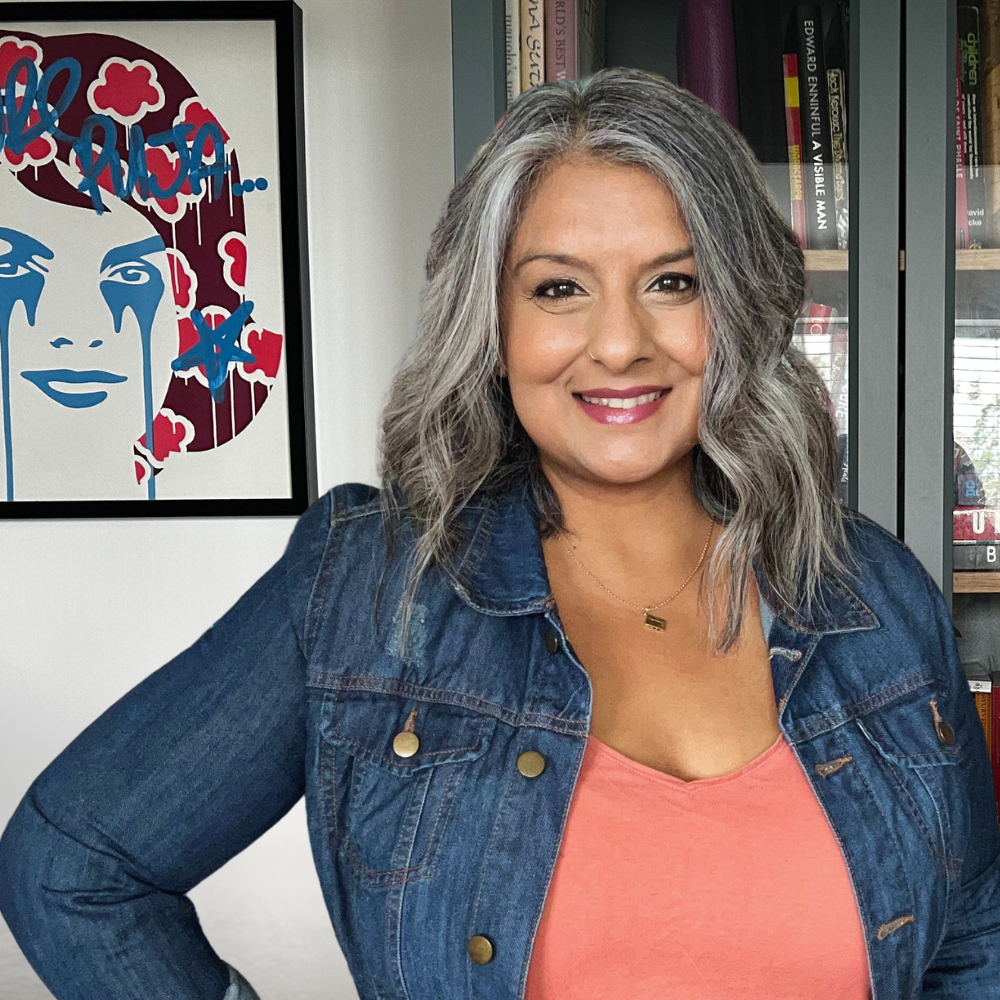
How to be more optimistic
Throughout my life people have not liked the fact that I’m optimistic. As I get older, I’ve become even more optimistic and turned people away from me. Obviously, not the result I was looking for but this has less to do with me and more to do with them. Even you, reading now, you’re either an optimist or a pessimist or even something in between. To be more optimistic requires you to make a big change to your mindset but also to honour why you might not be an optimist yet.
The benefits of being more optimistic
It’s hard to be an optimist if your life has been full of woes. I understand that and I’m not going to tell you there’s a mindset hack you can do to change it. Becoming more optimistic takes time, it takes effort and it takes a strong decision to choose to be.
In theory, being an optimist is simple. The dictionary defines Optimism as hopefulness and confidence about the future or the success of something. That’s it. It’s hopefulness. Whilst it can be difficult to feel hopeful in the face of adversity, if you can look at things with a slightly different lens, you’ll become a lot less stressed and much more successful at life.
5 steps to being more optimistic
Optimism might sound too ‘loosey goosey’ to fathom so I prefer to look at optimism as resilience. Resilience seems more palatable and achievable. Using resilience as the anchor, you can learn to bounce back from adversities much more quickly. The more you do this, the more likely you are to cultivate optimism in your work and personal life. Optimism is high energy, positive energy so it’s a great quality to have.
1. HONOUR YOUR PAIN
I mentioned this in the introduction. You must honour your pain. Being an optimist doesn’t come easy to everyone. Pain often defines how we see the world so it mustn’t be dismissed. Being aware of the pain that you’ve endured alongside the positives in your life will help you to determine how to be more optimistic about life.
2. COMMUNITY
Misery loves company. If you truly want to be more optimistic, you have to review who you spend your time with. Often it’s our loved ones that are unhealthy for us and make it difficult for us to breakaway. Rather than viewing those relationships in extremes, just create time boundaries for when you are with them. After spending time with those people, ensure you do something for yourself that fills up the optimism cup. This is where you alter your thinking as you develop more optimism.
3. CONSUMPTION
What you allow your mind to be exposed to will affect how you feel. It’s important to set boundaries around news consumption and the world of social media. Both offer extremely unhealthy experiences for our brains and the good work we’re doing. Be mindful of what triggers you and remove them from your life/ feeds.
4. CHOOSE LIFE
If you want to be more optimistic, you have to choose life. This means that you choose to make your life worth living. That you will follow opportunities, you will accept yourself and your failures and that every experience in your life offers a lesson for your growth.
5. CHILD-LIKE JOY
Take your socks and shoes off and walk in the grass. This is child-like joy. Laugh until you pee yourself a little. Indulge in a vat of ice cream. Make something with Lego. Child-like joy is great for optimism because of its simplicity. Joy beefs up the endorphins and makes you want more. This keeps your energy high and allows you to see more clearly through unsettling circumstances.
Optimism is healthy
Researchers have spent a lot of time studying people who think positively. It turns out that an optimistic attitude helps us be happier, more successful, and healthier. Optimism can protect against depression — even for people who are at risk for it. An optimistic outlook makes people more resistant to stress. Optimism may even help people live longer.
The best thing about optimism is you can learn it, even if your outlook tends to be more pessimistic.
If you want to know how you can live an extraordinary life, book in a free 20 minute call with me here. In the call we’ll explore your challenges and goals and I’ll offer some insight and direction to help you move forward.

Hi, I’m Puja! I’m all about helping driven, purpose-led people create success that actually feels good—without losing themselves along the way.
I mix deep coaching with practical strategies and a soulful perspective to help you thrive in your work, life, and well-being.
This is where I share stories, ideas, and inspiration to spark bold thinking and a more meaningful way of living.
Discover more: SIMPLY WELLBEING SUBSTACK
Registered address: 3rd Floor, 86-90 Paul Street, London, EC2A 4NE
© 2025 Frankly Coaching Ltd.